Should You Buy a House During a Recession?

Considering buying a house during a recession can be a daunting decision. Here's a simplified detailed explanation of should you buy a house during a recession.
Understanding a Recession
A recession is typically marked by a significant decline in economic activity across the economy. One common indicator is when a country experiences two consecutive quarters of negative GDP growth. However, determining a recession involves more than just GDP. Experts also look at factors like unemployment rates, consumer spending, and industrial production.
The Housing Market in a Recession
Economic recessions and the Federal Reserve’s response to them can significantly impact the housing market. Typically, during a recession, the Fed lowers interest rates to stimulate the economy, leading to more affordable mortgage rates. However, in recent times, the Fed has focused on combating inflation, resulting in higher interest rates that make mortgages more expensive and lower home demand.
What Happens to House Prices?
During recessions, home prices typically drop because there are fewer buyers. As demand decreases, sellers are often forced to lower their asking prices to attract buyers. This situation can benefit potential homebuyers, as they may find more affordable deals and potentially purchase homes at prices lower than during economic booms. Essentially, recessions can create opportunities for buyers to enter the market at reduced costs.
Pros of Buying a Home During a Recession
1. Less Competition: Financial difficulties during a recession can leave fewer people able to afford a new home, reducing competition.
2. Lower Prices: Reduced buyer demand can lead to lower home prices, as sellers receive fewer offers.
3. Potentially Lower Rates: The Federal Reserve might lower interest rates to stimulate the economy, leading to more favorable mortgage rates.
Cons of Buying a Home During a Recession
1. Stricter Lending Requirements: Lenders might tighten their requirements, making it harder to qualify for a mortgage.
2. Fewer Options: Some sellers might take their homes off the market, reducing available inventory.
3. Economic Uncertainty: Recessions often come with job losses and financial instability, which can make it riskier to commit to a mortgage.
Is It a Good Time to Buy?
The right time to buy a house is when it fits your financial situation. You should feel confident in your ability to cover the costs of homeownership, have a solid down payment saved, and maintain an emergency fund. If you can comfortably handle these financial responsibilities, then buying during a recession might be a good opportunity, especially with potentially lower prices and interest rates.
Tips for Buying a House During a Recession
1. Assess Your Finances: Ensure you have a stable income, a good credit score, and enough savings for a down payment and emergency fund.
2. Get Preapproved for a Mortgage: This shows sellers that you're serious and have the financing to back your offer.
3. Monitor the Housing Market: Keep an eye on market trends to identify good deals and leverage in negotiations.
4. Watch Interest Rates: Stay informed about interest rate trends to lock in a favorable rate when the time is right.
Conclusion
Buying a home during a recession can offer unique advantages like lower prices and less competition, but it also comes with risks such as stricter lending requirements and economic uncertainty. Ultimately, the best time to buy is when you are financially ready. If you can afford the costs and handle potential rate increases, you might find excellent opportunities in a slower market. Always consult with Jag Sidhu to get personalized advice.
